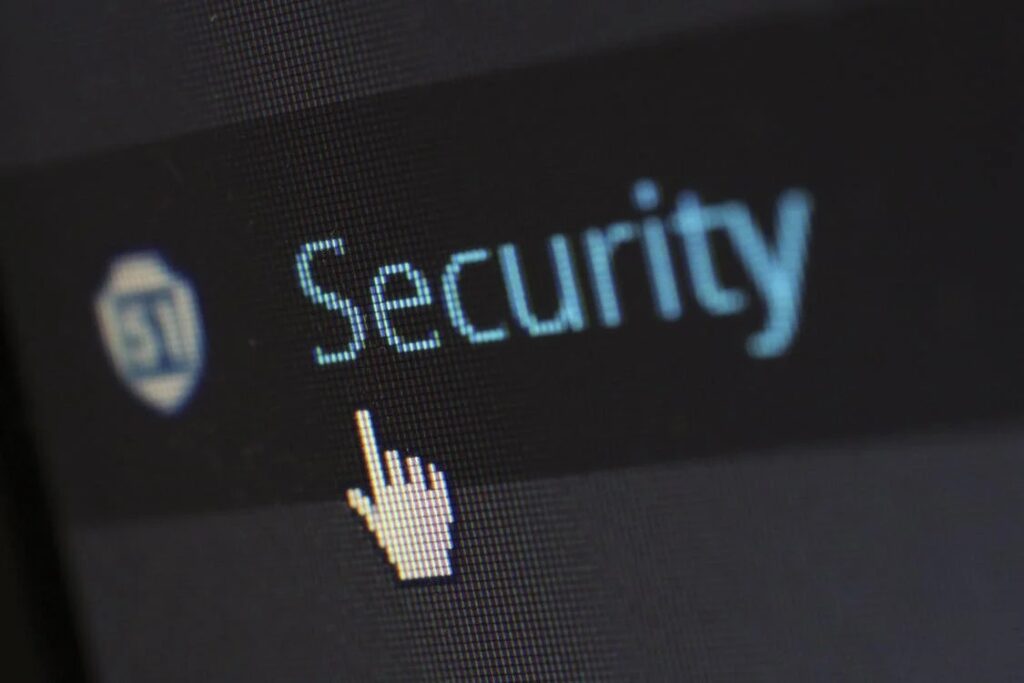Securing your PC is a surefire way to prevent any hacker activity, malware, or slow speeds. Keeping your PC safe, clean, and free of any malware is just a part of proper maintenance. With new industries popping up and the current pandemic sweeping the world, more and more people spend time on their PCs. Whether for work or fun, a sudden influx of new PC users has emerged during the lockdown.
The internet landscape is vast, and as long as you are dedicated to finding something specific, you will be able to do it. And we do mean anything: including malware in some unfortunate scenarios. No one goes out searching for hackers, malware, or other things that might damage your PC, but they’re far sneakier than people think. Today, we’ll be giving you our four top tips on securing your PC – so make sure to remember the golden rules mentioned below.
Browse with Caution
Most people who use their PCs also use them for browsing the web, and that’s completely fine. The surface web is far safer than it used to be, and there is so much content on the internet you’re practically never going to run out of it. Both companies and browsers implement many security-oriented solutions. For one, browsers now always inform users when they use the outdated HTTP instead of HTTPS. However, while comforting and effective to an extent, these automatic solutions are not enough.
Many websites might seem relatively safe, but their true nature hides in the offers presented. Sometimes, malicious websites tempt users with deceptive offers of discounts, exclusive content, or prizes. Recently, amid the COVID-19 crisis, the UK National Cyber Security Centre (NCSC) and the Department of Homeland Security (DHS) crafted a list of misleading, coronavirus-themed scams circulating on the web. So, you need to be extremely careful: even a seemingly legitimate website might turn out to be full of dangers.
Protect Your Web Traffic
A VPN (Virtual Private Network) is one of the best solutions you can make, especially when it comes to protecting your communications and browsing. For instance, Atlas VPN for PC will ensure that your browsing is safe, secure, and, most importantly, as private as possible. Not even your ISP can track you – let alone hackers and malicious individuals. So, if you use a computer for working remotely, do not forget to turn on a VPN to ensure that all your activities remain safe from malicious sources.
Aside from the sophisticated encryption and strict no-logs policy of VPN software, you’ll be able to browse any website from anywhere. VPNs are fantastic if you want to slide under the radar and unlock geo-blocked content. The best VPN tools protect your privacy, so you can browse anything you like without worrying about anyone tracking you. They’ll also inform you if a website is suspicious.
Use an Antivirus Software
Antivirus software has been around for a while. It protects your browsing and your computer from the malware that might try to find its way into your data.
Viruses are lurking on every corner of the internet – and even trusted websites could have virus infestations that could spread to your PC. Malware could steal your data, damage it beyond repair, or ransom it for a hefty sum. Securing your PC with an antivirus solution is a surefire way to rid yourself of any nasty viruses and make sure your PC runs as smoothly as possible.
Secure Your Accounts and Systems
Depending on the type of connection, you’ll want to secure it as much as possible. A great way to do this is to change all of your passwords to an intricate combination of letters, numbers, and symbols. There are dozens of tips for creating strong passwords. However, you need to make sure that the complicated combinations won’t get lost. Hence: password managers to the rescue.
Adding a single digit to your password is going to make your connection that much safer. Aside from changing your password to a strong one, you should rename your router while you’re at it. If you have any data encryption options, turn them on. Another great way to make sure your connection is safe is by using firewalls. Depending on your OS, you’ll have to approach this problem differently.
Lastly, the best way to protect your connection is to make sure everything is updated. Updating your operating system and essential software will make sure it’s running on the latest version, meaning you’re far less likely to experience any safety hazards.
In Conclusion
Securing your PC should be one of the first things you do when you use it. In times like these, your digital identity costs more than you think. Paying for superb security when it comes to your PC or another internet-connected device isn’t an expense – it’s the best investment you can make for long-term peace of mind.
